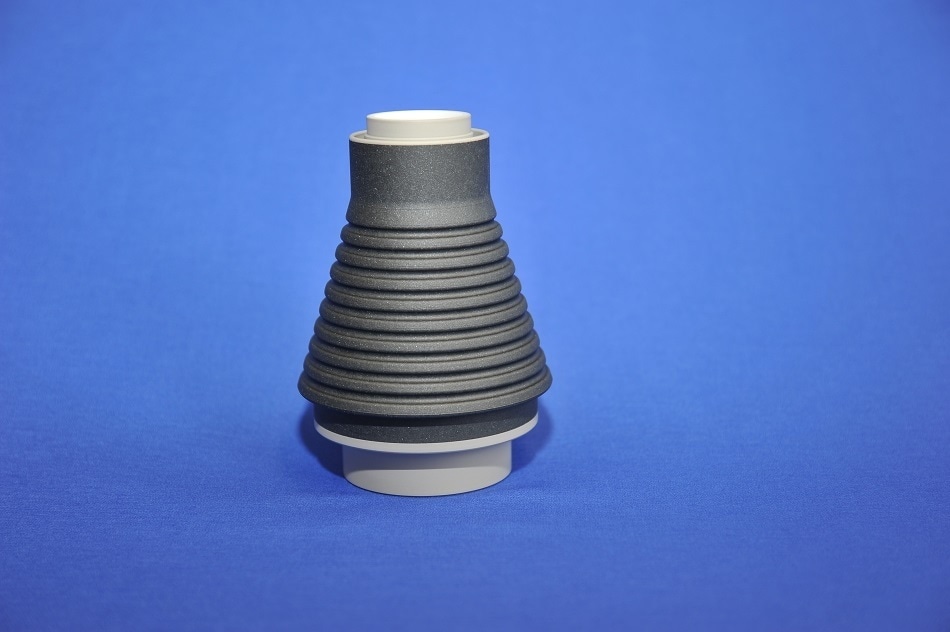A Charge Dissipative (CD) coating capability for ceramic parts – to be launched by the Technical Ceramics business of Morgan Advanced Materials at RSNA 2017 in Chicago – is supporting the development of increasingly compact medical equipment.

One of the biggest drivers in the medical diagnostic imaging equipment market is the need for smaller and lighter weight x-ray sources. For imaging systems such as Computed Tomography (CT) scanners, technology is shifting towards smaller size and reduced rotating mass. Likewise, the growing popularity of mobile X-ray machines places the emphasis on convenience and maneuverability.
While the desire among manufacturers is to reduce system size, there is also the demand for improved resolution and imaging performance, which can be achieved by using higher operating voltages. This is where Morgan’s CD coating provides a major benefit. Coating of the ceramic parts facilitates optimum performance at higher voltages. Morgan Advanced Materials is making significant advancements with its new capability to coat components with a tailor-made Specific Surface Resistance (SSR).
For manufacturers’ development projects, Morgan will supply multiple coated samples, each with varying SSR. Development of a measurement system for SSR on complex ceramic shapes enables better consistency and repeatability that is critical for X-ray source manufacturers. Significant investment in automation and kilns at its German manufacturing facility gives Morgan the flexibility to offer reduced prototyping times to customers. Its latest range of coatings use a blend of titanium and chromium oxides that provide semi-conducting layers and suppress the emission of secondary electrons, to meet the future technical requirements of X-ray sources.
Our new capability is designed to support manufacturers to deliver increasingly compact, efficient and patient friendly medical systems. With smaller parts, there is a corresponding need to adjust the blend of CD coatings to maintain the best SSR and charge dissipation performance. That’s why we’ve invested in materials and capacity to ensure that customers will always get the fast track for new products.
Joerg-Uwe Wichert, Manager New Business at Morgan’s Technical Ceramics business
Morgan’s latest CD coatings will be launched at radiology exhibition RSNA 2017, held 26-30 November in Chicago, USA. Join the team on Booth 2765C for a first glimpse of the work Morgan is doing with CD coatings.
For further information please visit here